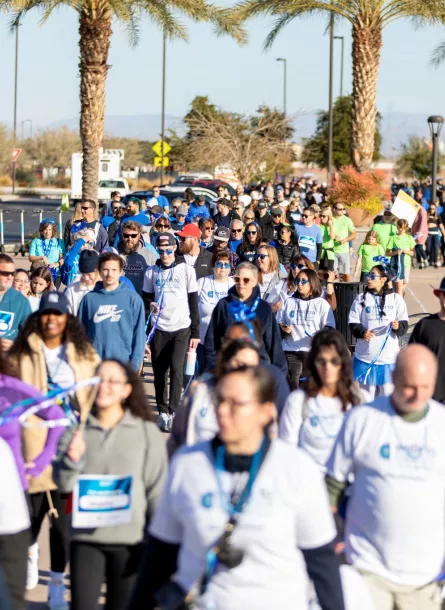
Walk to End Colon Cancer
We need to get louder! It's time to stop the silence, reject the stigma, and cancel the killer. It's time to #WalkLoud!

What is the Walk to End Colon Cancer?
The Walk to End Colon Cancer is a community event where over 10,000 people unite to raise funds and awareness of colorectal cancer.
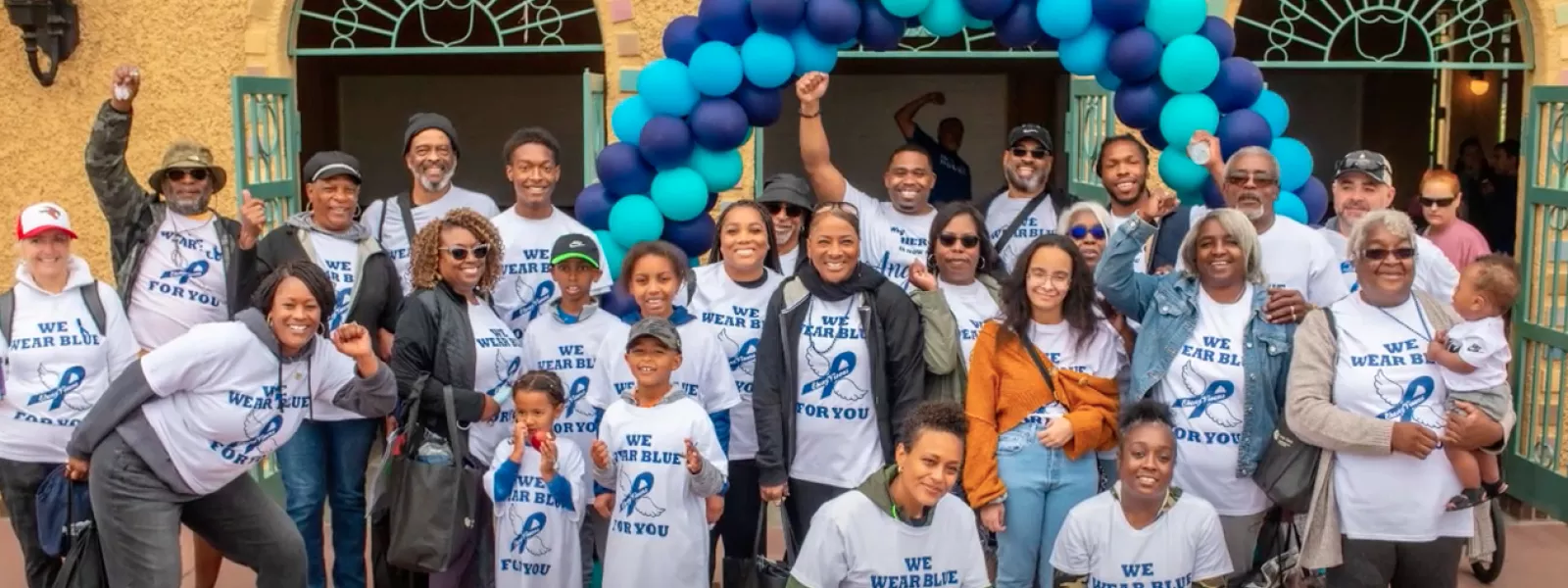
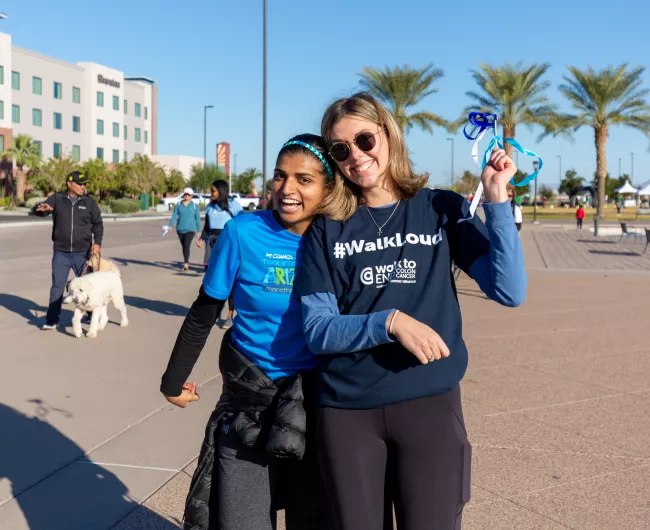
How to #WalkLoud
The Walk to End Colon Cancer unites all of us against this disease. Take these steps to get started.
Your impact: walk to end CRC
Funds raised at the Walk to End Colon Cancer contribute to the Alliance's efforts to screen, care, and cure this disease.
$5 million invested in research through walk fundraising and participation.
18,000 helpline calls annually.
15,000 people screened through Alliance initiatives.
10,000 Walk to End Colon Cancer participants.
3 billion media impressions.
1,855 active volunteers nationwide.
Together, we can
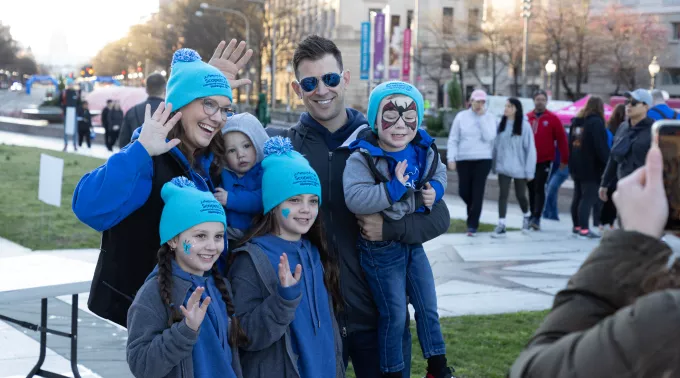
Stop the silence
At the Walk, we find the courage to embrace our emotions and be loud together. We are UNsilenced.
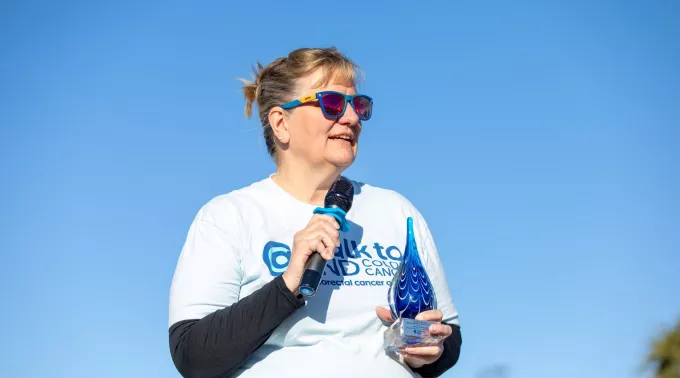
Reject the stigma
We reject embarrassment and shame. No one should walk a colorectal cancer journey alone.
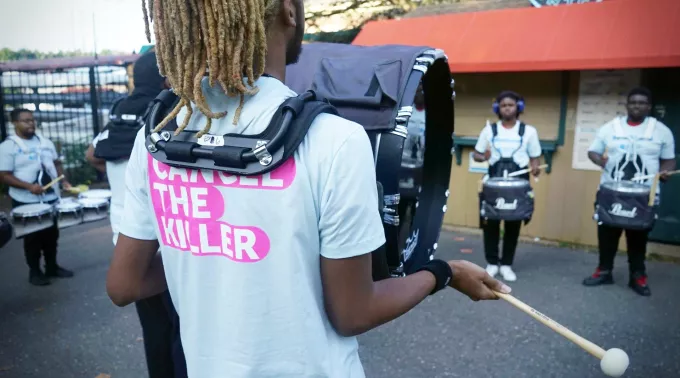
Cancel the killer
We pound the pavement to increase prevention, access to treatment, and research. We #WalkLoud.
Find a walk in your city
The Walk to End Colon Cancer empowers, remembers, and spreads the message that a colorectal cancer screening can save lives.
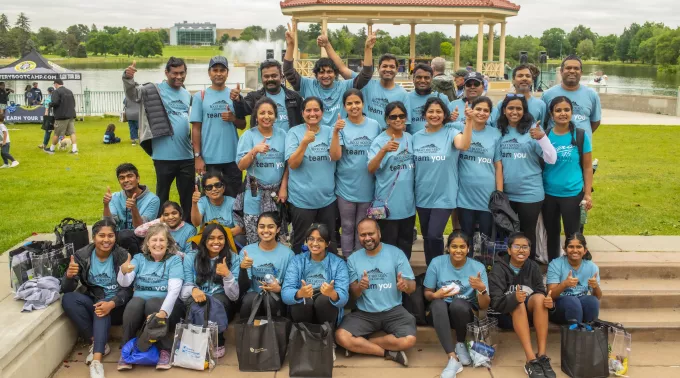
Denver, CO
June 22, 2024
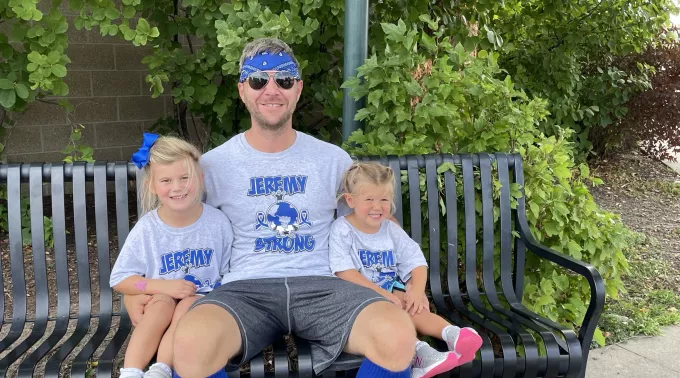
San Diego, CA
August 10, 2024
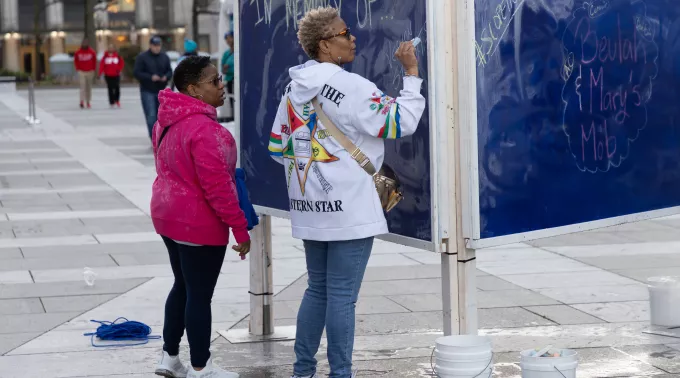
Don't see your city?
Bring a walk to your city. Contact our walk team today.
National sponsors
Corporations, leaders, and foundations are uniting with us to end colorectal cancer and fulfill their social responsibility goals.
Silver Level
Top resources

Cousins to Rev Down Route 66 for a Reason
In a remarkable blend of adventure and advocacy, cousins John, Mitch, and Mike are gearing up for a cross-country charity journey along Route 66. Their mission? To raise awareness and support for two important causes: cystic fibrosis and colorectal cancer.
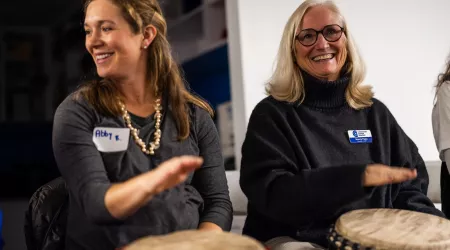
Volunteer spotlight: Nancy Pope
Get to know Colorectal Cancer Alliance volunteer Nancy Pope and consider being a service to the community yourself.
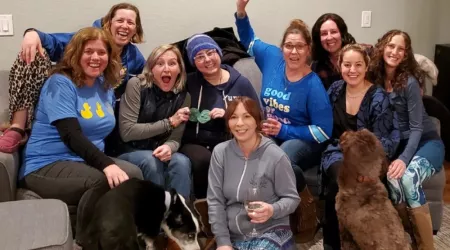
Volunteer spotlight: Jill Loftus
In this Q&A, get to know Jill Loftus, a passionate and dedicated Colorectal Cancer Alliance volunteer from Denver.







